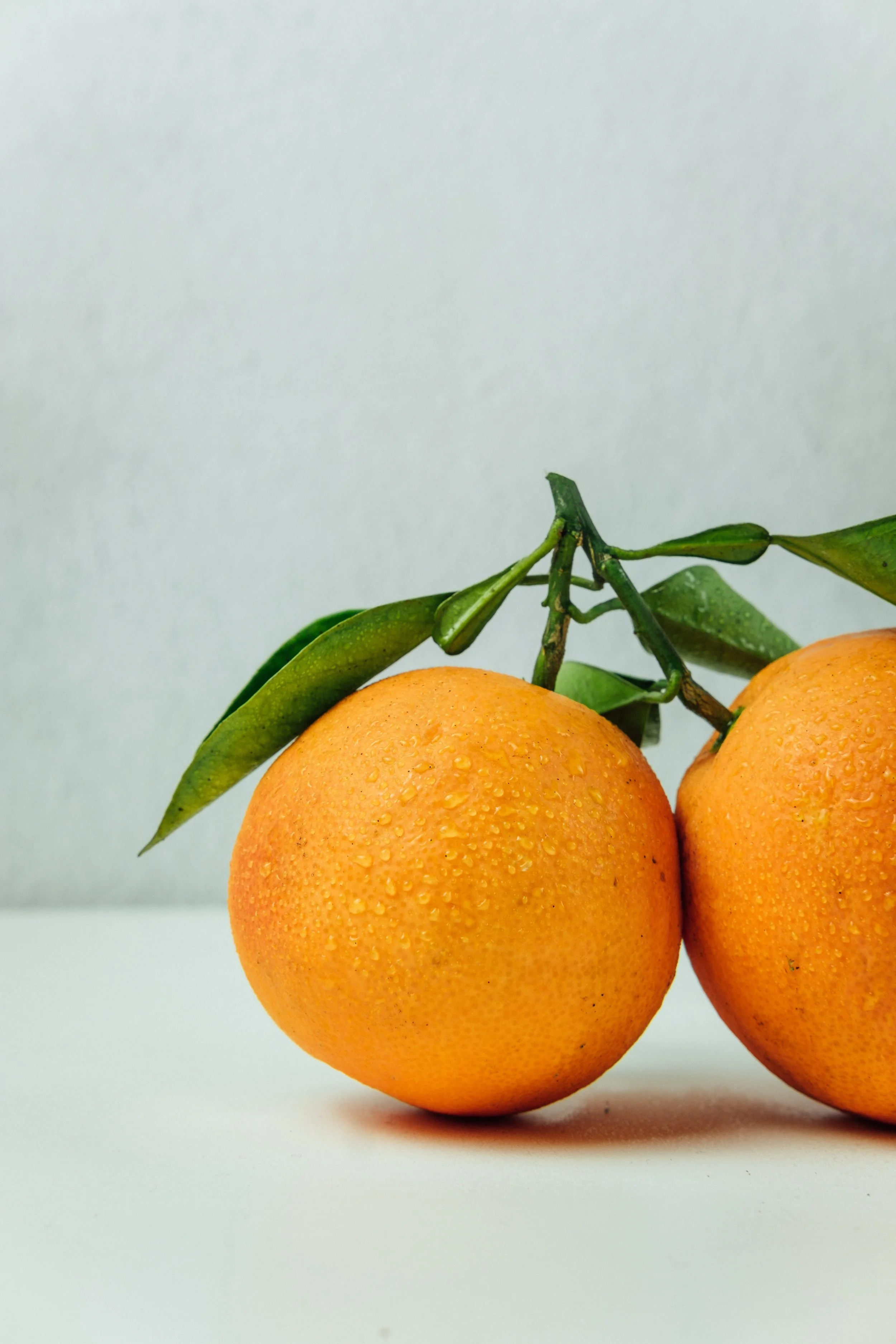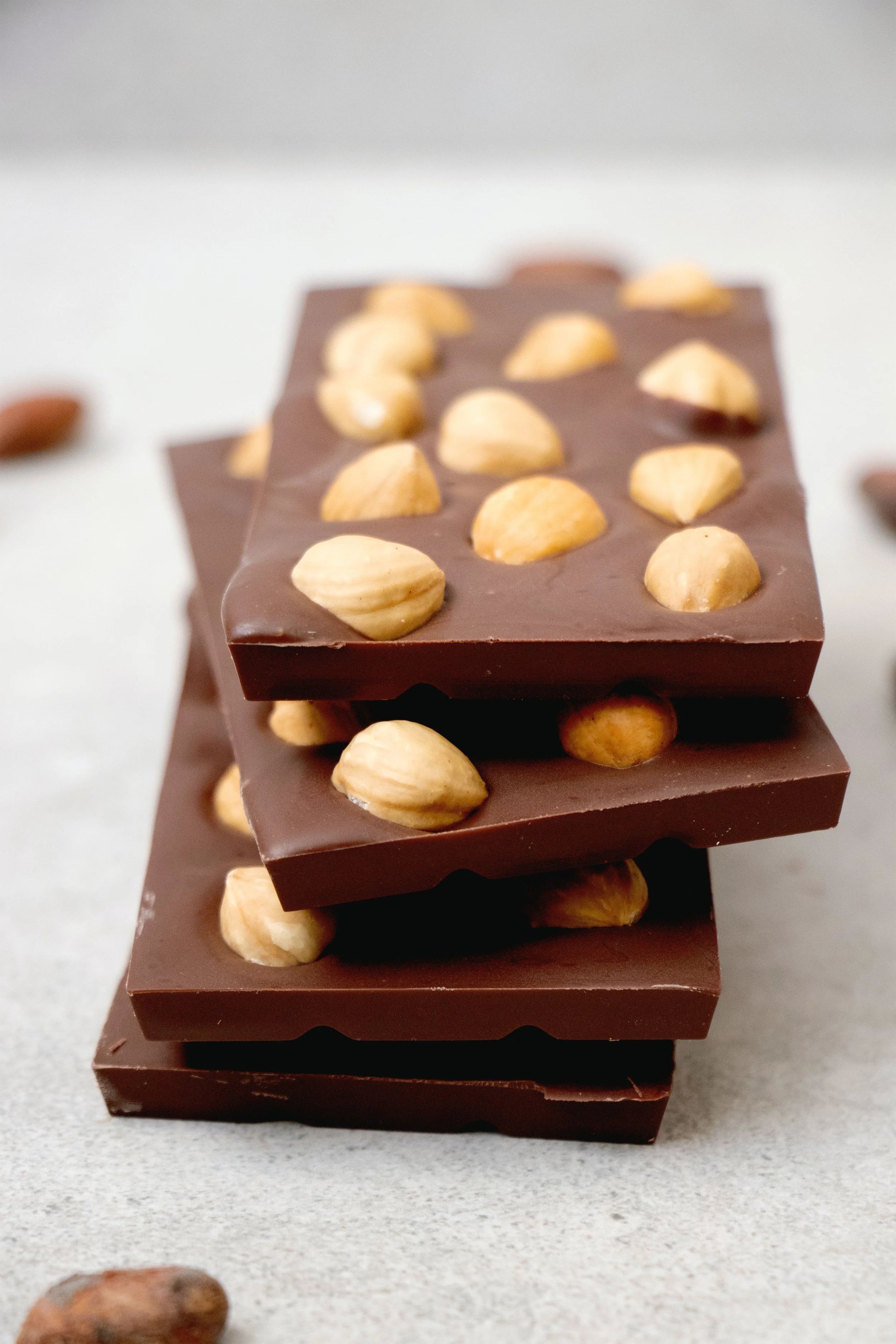Food For Stress & Anxiety
A healthy brain requires many micronutrients to function well and to protect the neurons from wear and tear. When we think about the stress that our brains come under in our daily lives (thinking about the to do list, worrying over a deadline, stressing about the big presentation next week) it’s no wonder that we often find ourselves struggling to cope!
Research has shown that the foods we eat can have a significant impact on the health of our brains…and that means, we can actually choose to eat foods that help us to manage stress and anxiety.
So if you are someone who feels like they could use a little extra brain support, these are the foods you should be including:
Foods containing Vitamin C
Vitamin C is an important nutrient for many body systems, but did you know that it also benefits the brain? It acts as an antioxidant to protect your central nervous system, and there is also evidence that it helps to reduce the level of stress hormones in your body. So when you are feeling stressed or anxious, add in some fresh fruits (citrus fruits, berries, capsicum) to help boost your vitamin C levels.
Foods containing Magnesium and Zinc
Magnesium and zinc are both trace minerals that have been shown to help reduce symptoms of anxiety. Magnesium and zinc both help to protect the brain by preventing overstimulation of glutamatergic neurons, while zinc also helps to regulate dopamine and serotonin function. Including foods high in magnesium and zinc (such as fish, nuts and wholegrains) will therefore support your brain in times of stress.
Foods containing Essential Fatty Acids
Essential fatty acids, in particular omega-3 fatty acids, are important for the structural integrity of brain cells. They have been shown to prevent spikes in the level of stress hormones during stressful situations, and therefore are beneficial in the prevention and management of anxiety and stress. Make sure to include plenty of linseed, hemp seed and oil fish in your diet to increase your essential fatty acid intake!
Foods containing Tryptophan
Tryptophan is a nutrient that is needed to produce the brain chemicals serotonin and melatonin, making it very important for anxiety and stress management. By adding in foods high in tryptophan (almonds, sesame seeds, cacao, pumpkin seeds, linseed) you can ensure your body has what it needs to produce these important neurotransmitters.
Several other nutrients are also beneficial for brain health, including the vitamin B complex and vitamin D. During times of heightened stress we may not be able to meet our body’s nutritional needs, so you might consider a high-quality multi vitamin to help support your stress response.
The naturopaths here at WYLD Chiropractic can help you to optimize your diet for your specific needs, and will guide you to the right supplement if you need a little extra boost. Get in touch with us to see how we could help you.
Charlotte Verstappen
Naturopath & Medical Herbalist
Charlotte is passionate about enhancing wellbeing and vitality through holistic interventions. Charlotte believes that in changing aspects of diet, lifestyle and learning to listen to the signs that her body is giving you, you can take control of your health issues and gain a deeper understanding of how your wellbeing is impacted by your daily life.
What To Expect At Your First Naturopathy Visit
In your comprehensive first appointment, your Naturopath will do the following:
- Discuss your health history thoroughly
- Come up with short and long-term goals
- Develop an individualized treatment plan
Your treatment plan may include:
- Nutritional analysis and advice
- Dietary supplements
- Lab test recommendations
- Herbal medicines
- Lifestyle and relaxation techniques
References:





